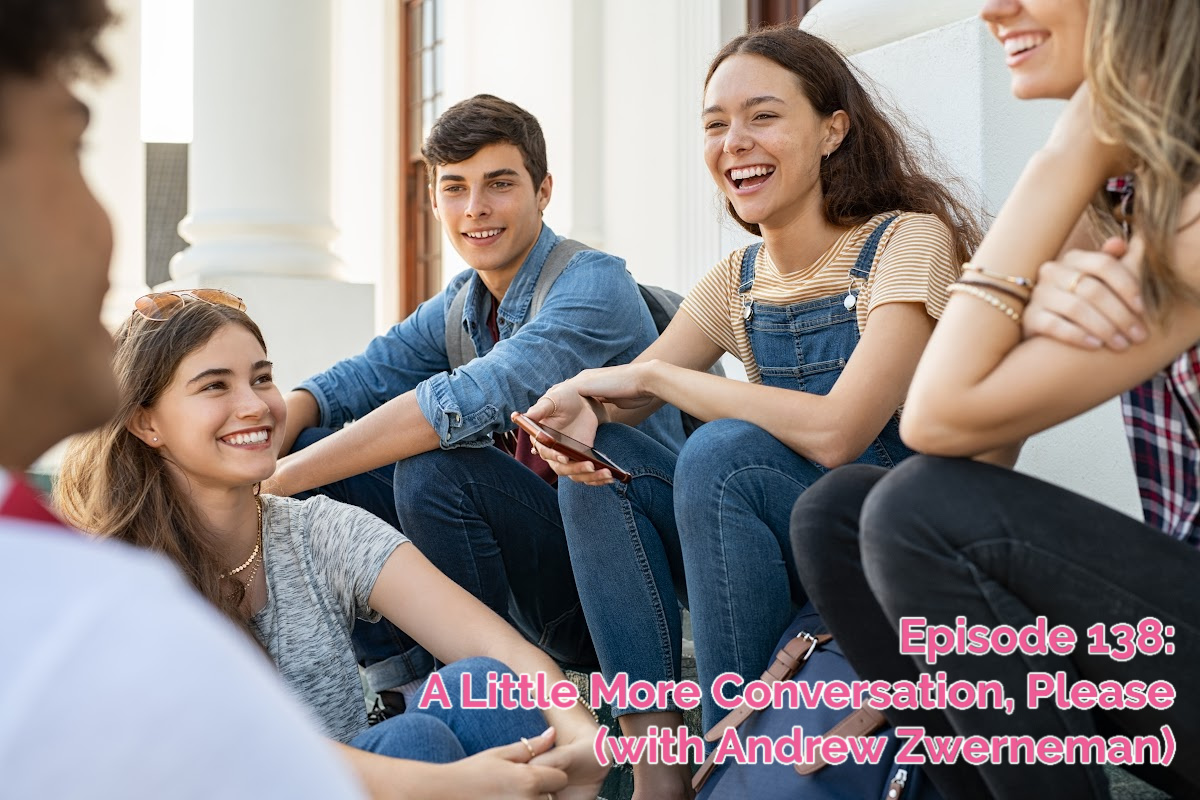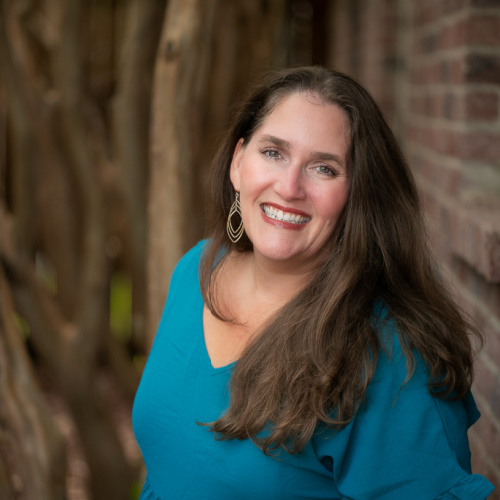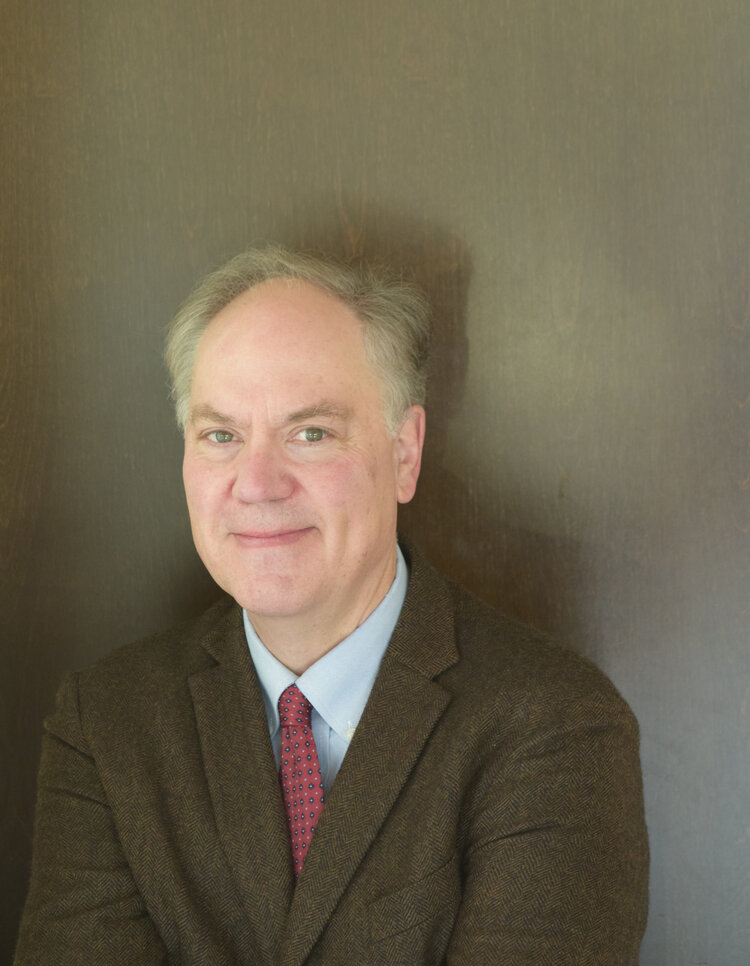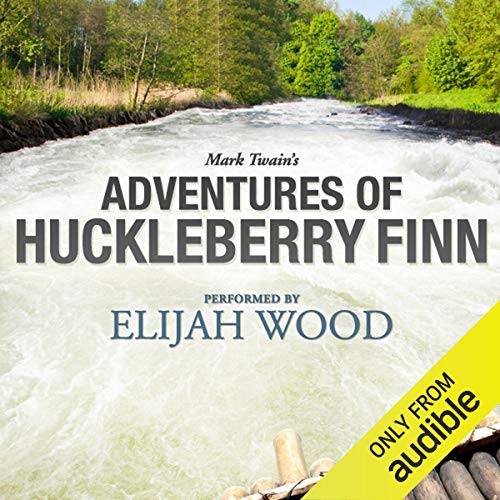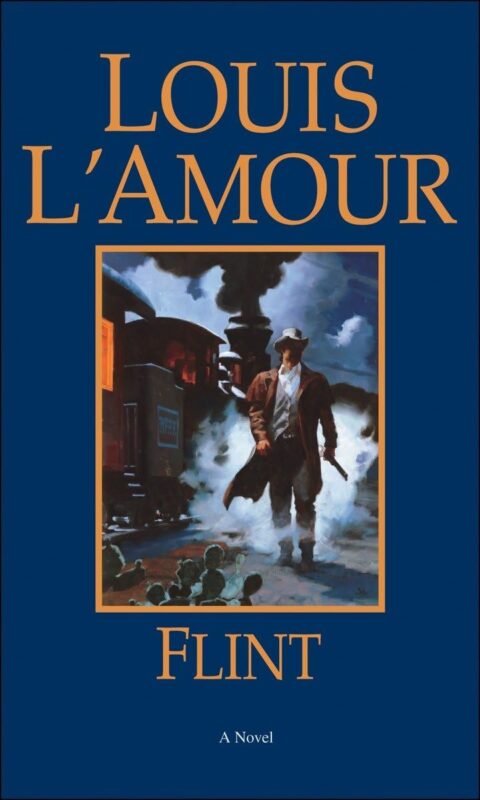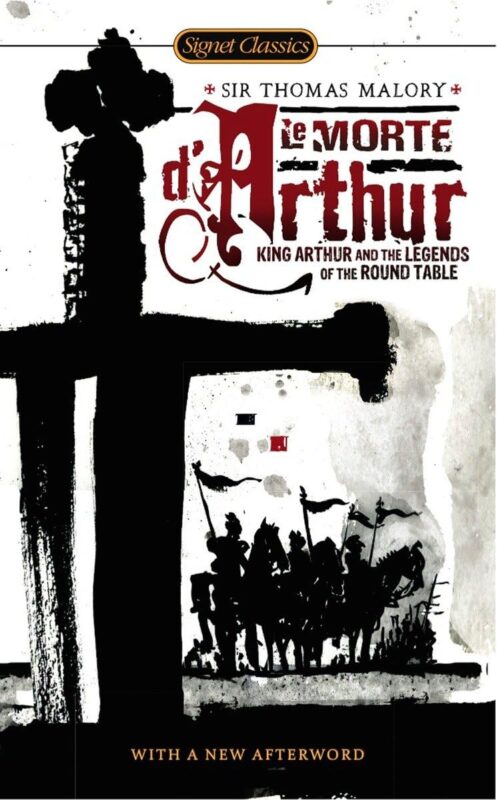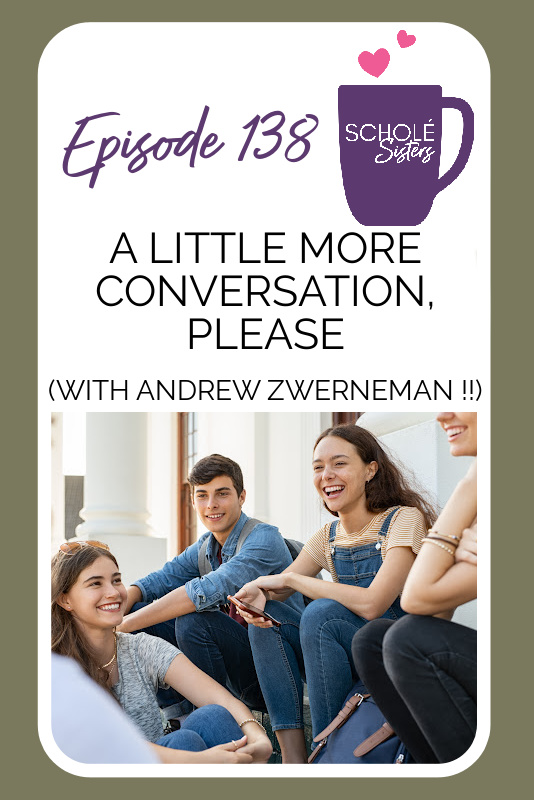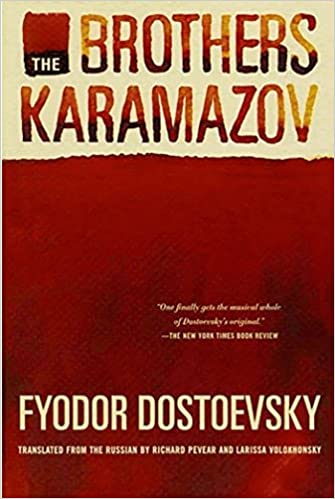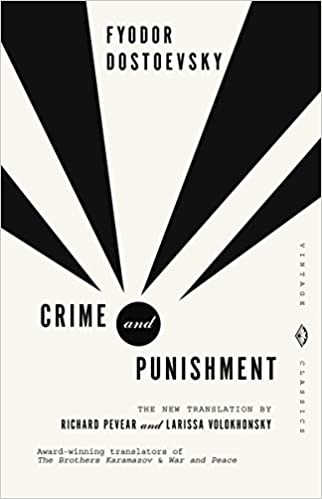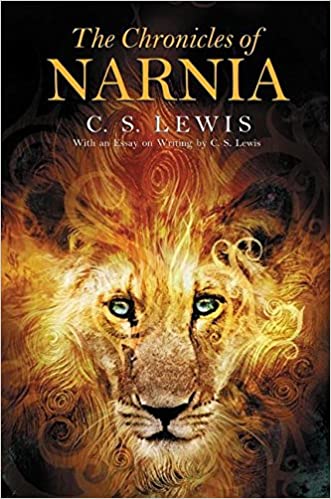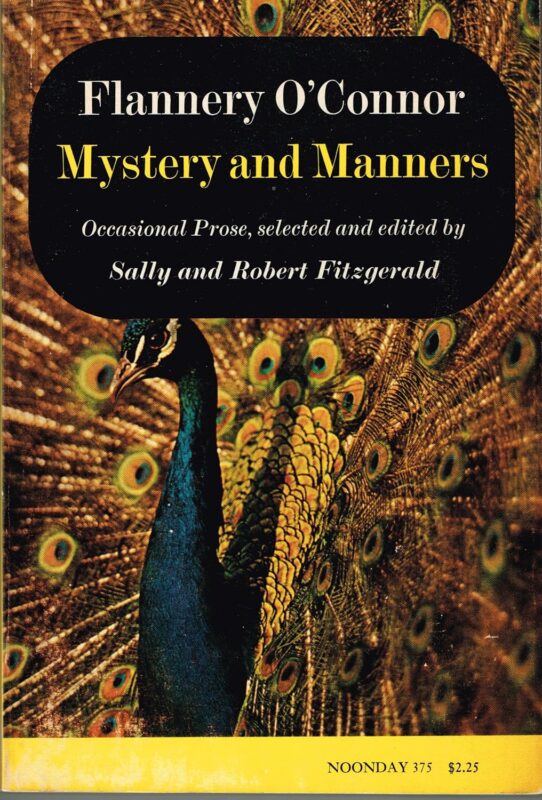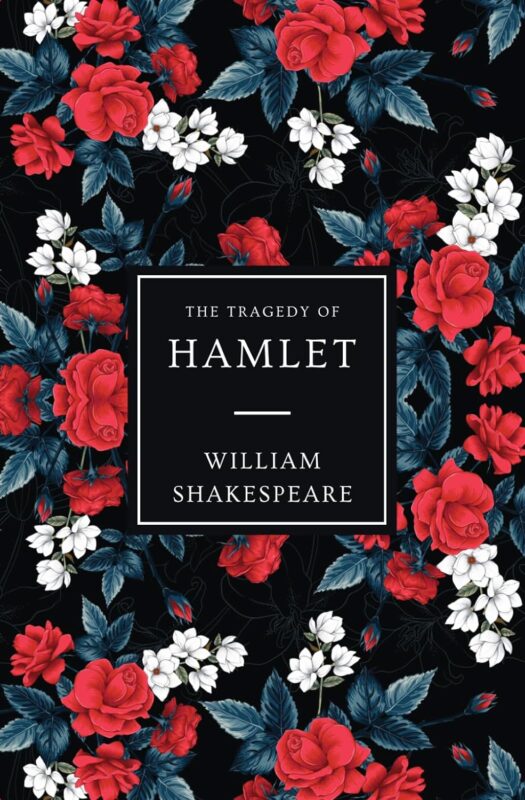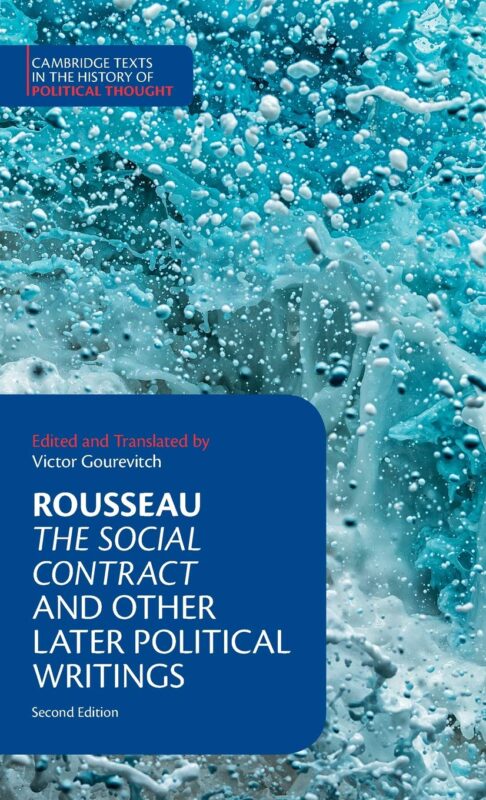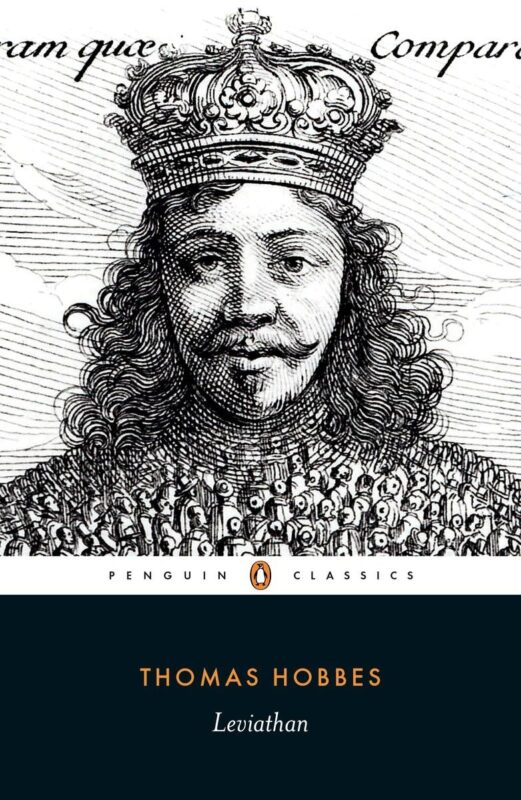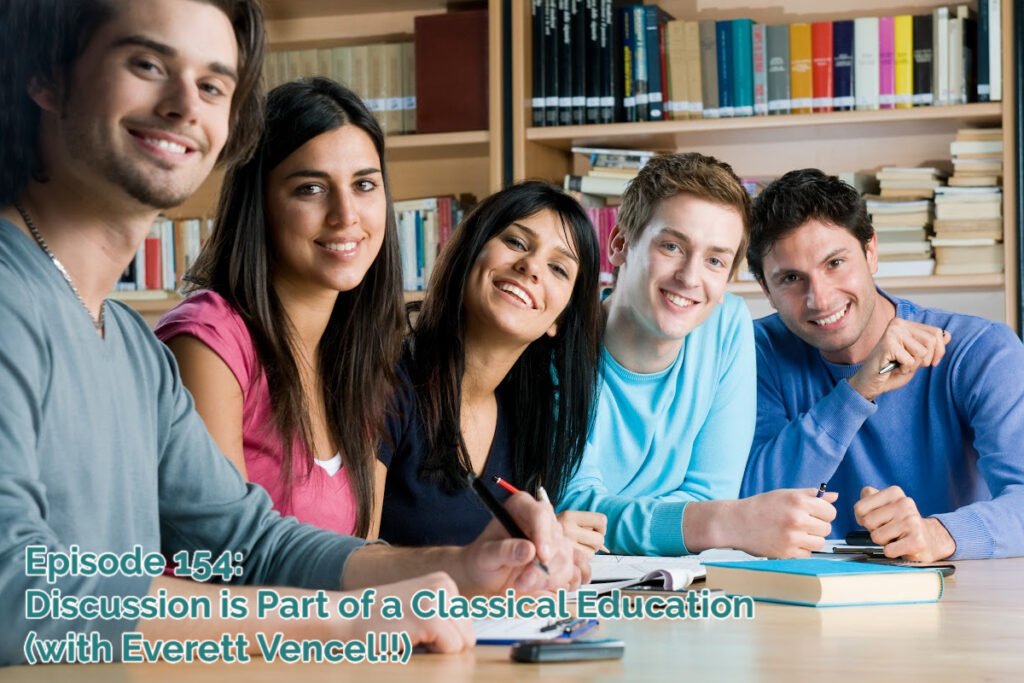SS #138 – A little more conversation, please (with Andrew Zwerneman!!)
Inside Sistership, we have spent the past couple years thinking and reading about issues related to Marxism, cultural Marxism, Critical Race Theory, and other subjects in that vein.
That was super helpful and I think a lot of us now see deeper when we look at what is happening in our culture. HOWEVER, what is missing is what TO do. There has been a lot of don’t think this way and don’t think that way and I think we’re past time for some DO think this way and DO do these things. That’s perhaps even more true for our younger moms, who were likely raised on Howard Zinn.
What we are hoping for Spring Training is that we get some beginning glimpses of how to think in a non-Marxist way about history and what it might be like to teach with methods that correspond to that way of thinking about history.
We have heard of Socratic Seminars, Oxford style seminars, Straussian seminars and honestly we don’t even for sure know the differences between these three, but Andrew Zwerneman is the one to demystify this method for us.
Listen to the podcast:
TUNE IN:
Apple Podcasts | Spotify | Stitcher
Teaching with the seminar method
Today’s Hosts and Source
Guest: Andrew Zwerneman
Andrew J. Zwerneman serves as Cana Academy’s President and as one of our Master Teachers. For 40 years, he has taught and consulted in secondary schools that emphasize classic humanities. For 19 years he headed schools—2 at the public charter school, Tempe Preparatory Academy in Tempe, Arizona, 17 at Trinity School at Meadow View in Falls Church, Virginia. He is the founder and owner of The Academy Project, LLC, which wrote the original curricula and trained faculties for Thomas MacLaren School in Colorado Springs, Colorado, and Trinity Academy in Portland, Oregon. Education: B.A., A.B.D., University of Notre Dame; M.A., St. John’s University. He is the author of History Forgotten and Remembered (2020) and The Life We Have Together: A Case for Humane Studies, A Vision for Renewal (2022).
“Whether we’re studying philosophy or literature, both of them illuminate what it means to be a human.”
Registration is now open!
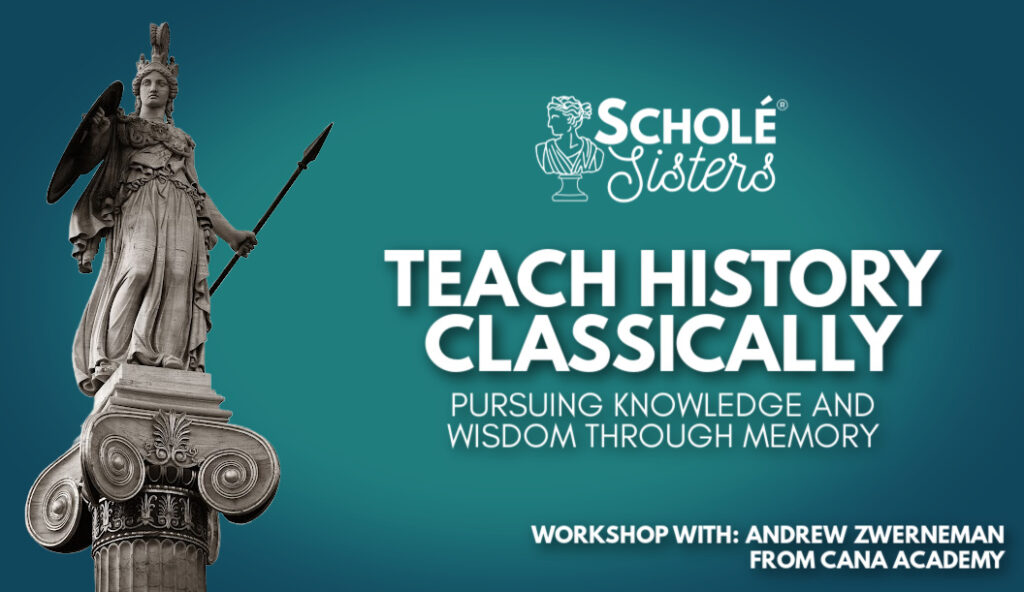
History gives us memory of the past we wouldn’t have were it not curated for us by those who came before and cared.
We treasure history and benefit from it not by stocking our personal memory banks with facts and figures and sentences, but when we stock our imagination with the stories, characters, and events that have set the stage for the world we now inhabit.
Such stories help us make sense of our setting and give us both understanding and courage for interacting with current events.
Learn how to approach history and teach history classically during our two-session Spring Training this year. Click here to register.
Scholé Every Day: What We’re Reading
Le Morte D’Arthur, Mallory
There’s only very earthy love and many women riding through the forest in this older collection of Round Table tales, nothing courtly, ethereal, or Victorian.
Huckleberry Finn, Mark Twain
Zwerneman explains why Huckleberry Finn is a quintessential American novel.
Flint, Louis L’Amour
The Vencel family’s latest read-aloud pick is another L’Amour, which masterfully and efficiently conveys a dramatic scope of a character’s life in just the first few pages.
What is the Seminar Method?
The seminar method is a teaching method appropriate to understanding works of imaginative and expository works. It allows students to receive what these works intend to convey: truth and the human experience.
Therefore, not every book is worthy of treatment with the seminar method, but only those books that excellently contain the true, good, and beautiful.
The seminar method is question-driven. Students discuss the work in order to come to a greater understanding collaboratively. The teacher leads the discussion by keeping everyone to the text and on topic, yet the discussion is not linear.
Such meaty discussions take a long time and a lot of preparation, effort, and energy.
Seminar is an agricultural term
The root meaning of the word ‘seminar’ is seed bed. Young men go to seminaries to be trained for the pastorate.
Within both seminars and seminaries, bodies of knowledge are planted that then become a productive part of life and work.
Seminars train students how to read closely while also keeping the whole in view.
The method is rigorous yet also loads of fun.
Kinds of questions to ask
“Why” questions are great conversation starters, but the teacher must require evidence from the text, not mere opinions or speculations.
What does the author mean by this repeated term in the work? Accrue evidence from the text. Then ask about the significance of the term for the author? Keep probing until the answer is sufficient and clear. Where else might this concept apply?
What problem is being introduced? What is the proposed solution? What’s the argument? How is the argument set up and laid out?
A conversation is free & fun
The conversation allows freedom of thought with development as well. No answer is final and definitive, but a springboard for the next question.
Thoughts must be clarified, so questioning is valued and desirable. Being questioned isn’t threatening, but part of the process of discovering objective truth.
In a seminar, don’t bother with biographical questions, including, “What is the author trying to say?” These are speculative questions about intention. Look at what is given without speculation about motivations.

